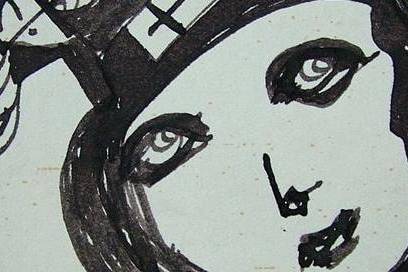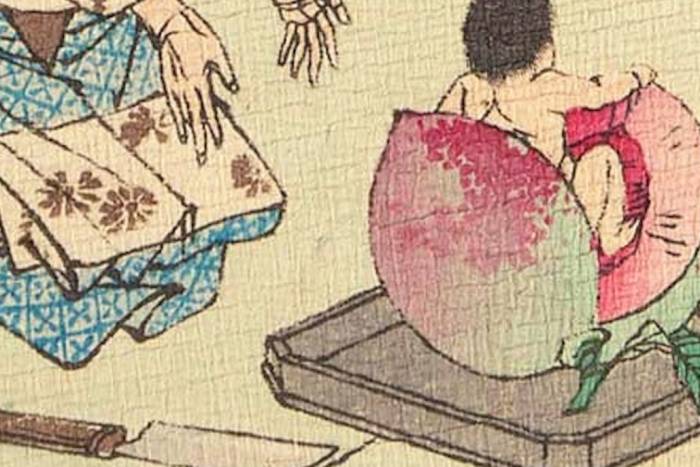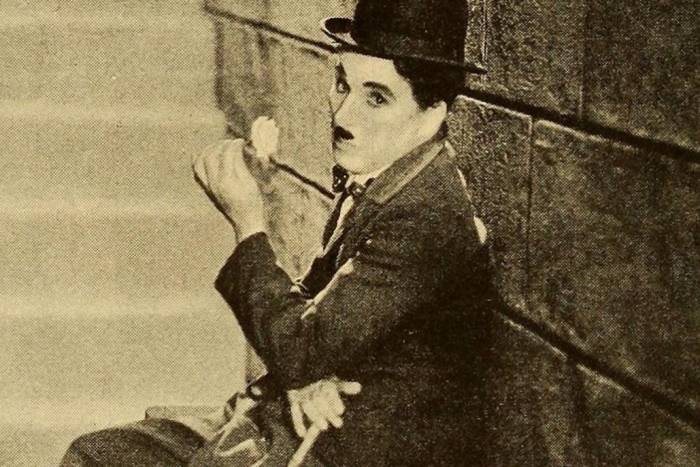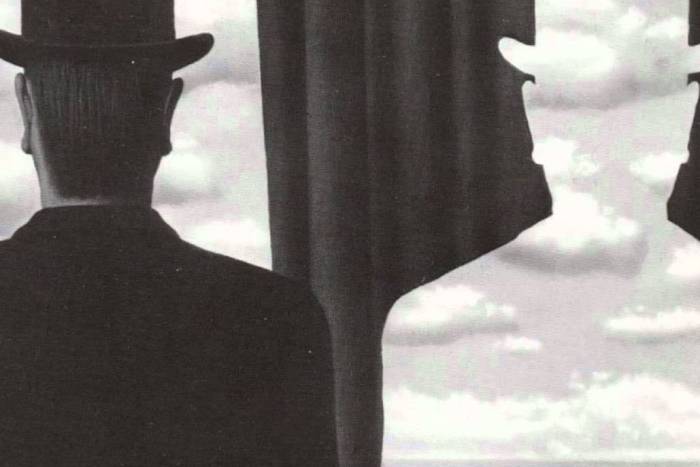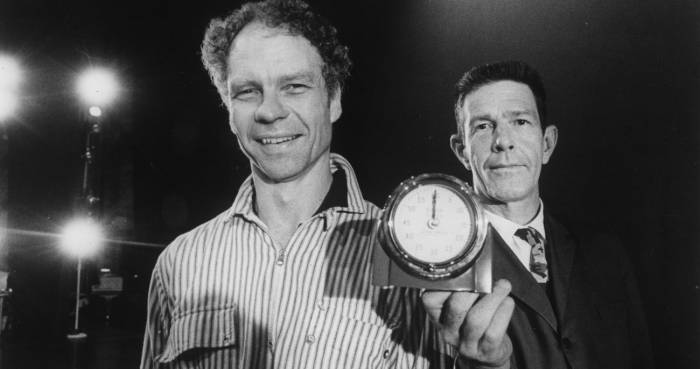The Mystic Poetry of Rumi Read by Tilda Swinton
Revered for eight centuries, Rumi reaches another international rediscovery.
Jalal ad-Din Muhammad Rumi, the Persian poet and Sufi master, was born in Vakhsh, a small town in what is now Tajikistan, in 1207. After 37 years of his life were passed in the traditional practice of Islam, in1244he met the mystic, Shams of Tabriz. It was to prove a transformative moment.
The friendship – often described as a thinly veiled homoerotic relationship – was never less than a celebration of fraternal love. It flourished for three years until Shams disappeared under circumstances that have never been fully understood.
But from that event on, Rumi began writing poetry. He became one of the most prolific prophets of his time, and of all time. Scholars claim that Rumi wrote at least 3,000 love poems to Shams, to the prophet Muhammad and to God. Then there are 2,000 rubaiyat, the traditional Persian verse form, and a spiritual epic in six volumes known as Masnavi.
As a mystic teacher, Rumi is credited with introducing dance and movement to Sufi meditation, as well as with providing a new loving spirit (largely incomparable with the Western courtly love of the same period), and a feeling of communion with God and the world. Legend has it that when Rumi died, his funeral was attended by Muslims, Jews, and Christians alike.
Coleman Barks, a modern translator, came across the poetry of Rumi thanks to his friend, the poet, Robert Bly. When reading the standard translations of A. J. Arberry, Barks proposed “bringing the poems out of the cages”of the ossified academic language. He chose to privilege instead their “startling imaginative freshness. The deep longing that we feel coming through. His sense of humour. There’s always a playfulness [mixed] in with the wisdom.”
Translations of Rumi published by HarperCollins have sold two million copies and have been further translated into 23 languages. Some compare the importance of the work with that of Shakespeare and considered historically, the work is the second most important book in Islam, after only the Qur’an itself.
Celebrities from Madonna to Tilda Swinton have lent their voices to the poetry of Rumi. This recording offers a reading of the poem “Like This” in Swinton voice. The translation is by Barks.
“Like This”
If anyone asks you[Salto de ajuste de texto]how the perfect satisfaction
of all our sexual wanting
will look, lift your face
and say,
Like this.
When someone mentions the gracefulness
of the nightsky, climb up on the roof
and dance and say,
Like this.
If anyone wants to know what “spirit” is,
or what “God’s fragrance” means,
lean your head toward him or her.
Keep your face there close.
Like this.
When someone quotes the old poetic image
about clouds gradually uncovering the moon,
slowly loosen knot by knot the strings
of your robe.
Like this.
If anyone wonders how Jesus raised the dead,
don’t try to explain the miracle.
Kiss me on the lips.
Like this. Like this.
When someone asks what it means
to “die for love,” point
here.
If someone asks how tall I am, frown
and measure with your fingers the space
between the creases on your forehead.
This tall.
The soul sometimes leaves the body, the returns.
When someone doesn’t believe that,
walk back into my house.
Like this.
When lovers moan,
they’re telling our story.
Like this.
I am a sky where spirits live.
Stare into this deepening blue,
while the breeze says a secret.
Like this.
When someone asks what there is to do,
light the candle in his hand.
Like this.
How did Joseph’s scent come to Jacob?
Huuuuu.
How did Jacob’s sight return?
Huuuu.
A little wind cleans the eyes.
Like this.
When Shams comes back from Tabriz,
he’ll put just his head around the edge
of the door to surprise us
Like this.
From ‘The Essential Rumi’, Translations
by Coleman Barks with John Moyne
Related Articles
Pictorial spiritism (a woman's drawings guided by a spirit)
There are numerous examples in the history of self-taught artists which suggest an interrogation of that which we take for granted within the universe of art. Such was the case with figures like
Astounding fairytale illustrations from Japan
Fairy tales tribal stories— are more than childish tales. Such fictions, the characters of which inhabit our earliest memories, aren’t just literary works with an aesthetic and pleasant purpose. They
A cinematic poem and an ode to water: its rhythms, shapes and textures
Here lies One Whose Name was writ in Water. - John Keats Without water the equation of life, at least life as we know it, would be impossible. A growing hypothesis holds that water, including the
Watch beauty unfold through science in this "ode to a flower" (video)
The study of the microscopic is one of the richest, most aesthetic methods of understanding the world. Lucky is the scientist who, upon seeing something beautiful, is able to see all of the tiny
To invent those we love or to see them as they are? Love in two of the movies' favorite scenes
So much has been said already, of “love” that it’s difficult to add anything, much less something new. It’s possible, though, perhaps because even if you try to pass through the sieve of all our
This app allows you to find and preserve ancient typographies
Most people, even those who are far removed from the world of design, are familiar with some type of typography and its ability to transform any text, help out dyslexics or stretch an eight page paper
The secrets of the mind-body connection
For decades medical research has recognized the existence of the placebo effect — in which the assumption that a medication will help produces actual physical improvements. In addition to this, a
The sea as infinite laboratory
Much of our thinking on the shape of the world and the universe derives from the way scientists and artists have approached these topics over time. Our fascination with the mysteries of the
Sharing and collaborating - natural movements of the creative being
We might sometimes think that artistic or creative activity is, in essence, individualistic. The Genesis of Judeo-Christian tradition portrays a God whose decision to create the world is as vehement
John Malkovich becomes David Lynch (and other characters)
John Malkovich and David Lynch are, respectively, the actor and film director who’ve implicitly or explicitly addressed the issues of identity and its porous barriers through numerous projects. Now

